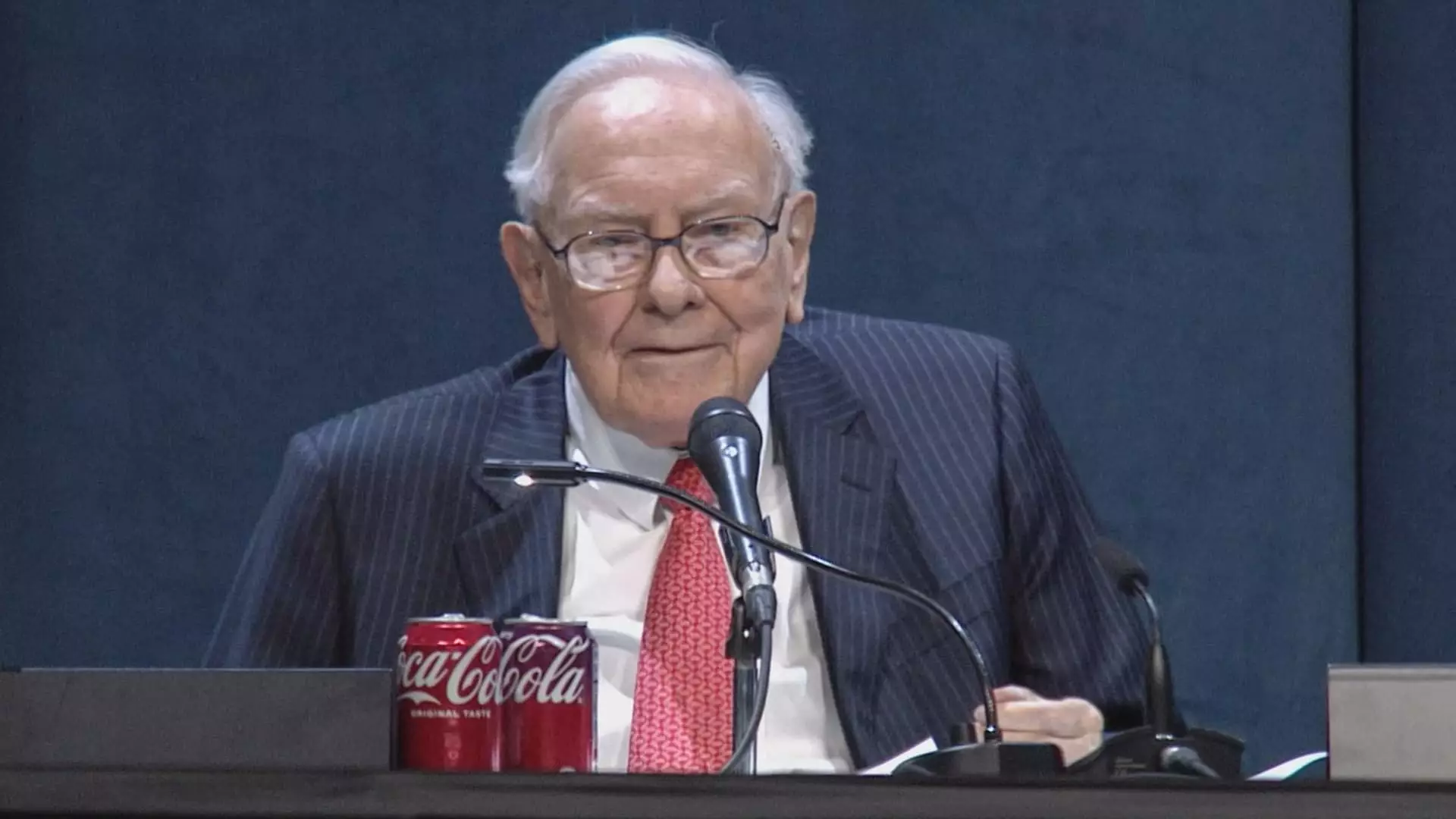Berkshire Hathaway’s latest quarterly report reveals a fragile economic resilience amid rising trade tensions. With operating earnings slipping by 4% to $11.16 billion, it’s evident that even a titan like Buffett’s conglomerate is vulnerable in a shifting global landscape. While segments like railroads, energy, manufacturing, and retail continue to show growth, the decline in insurance underwriting underscores the unevenness of current economic pressures. This dip is not merely a fleeting fluctuation; it signals underlying vulnerabilities that could quickly snowball if geopolitical tensions worsen. The message is clear—Berkshire’s robust reputation masks susceptibilities that could jeopardize its stability in unpredictable times.
The Impact of Tariffs: A Shadow Looming Over Stability
The real concern lies in the warning issued by Berkshire about the destructive potential of ongoing tariffs. Under President Trump’s administration, aggressive trade policies have created a haze of uncertainty across corporate America. Berkshire’s candid acknowledgment highlights a sobering reality: multibillion-dollar companies are not immune to macroeconomic shocks originating from policies beyond their control. As tariffs threaten supply chains, increase costs, and limit market access, Buffett warns that Berkshire’s profits—both operational and investment-based—could be severely impacted. This acknowledgment is important because it challenges the narrative of corporate invincibility and underscores the importance of strategic agility.
The Aging of the Oracle and Succession Risks
A more insidious threat emerges from within: Warren Buffett’s advancing age and the transition plan unfolding before us. At 94, Buffett’s physical health has begun to influence strategic decisions, including his decision to step down as CEO at the end of 2025. While Greg Abel’s ascension offers continuity, the transition period remains fraught with uncertainty. Buffett’s presence has been a stabilizing force—his wisdom and reputation are woven into Berkshire’s identity. A change this significant could introduce turbulence, especially if market conditions deteriorate or if the new leadership struggles to maintain Buffett’s pragmatic, center-right approach.
Reevaluating a Fortress That May No Longer Stand Firm
Berkshire’s hefty cash reserves, once seen as a buffer, have diminished slightly to $344.1 billion. Notably, the company refrained from share buybacks despite declining stock prices, signaling caution or perhaps hesitance to deploy capital in an uncertain environment. This conservative posture suggests that Berkshire recognizes the storm clouds gathering—a willingness to hoard liquidity rather than indulge in aggressive expansion or buybacks during turbulent times. Yet, the absence of strategic repurchases also leaves questions about managerial confidence in the current market’s resilience and Berkshire’s own future trajectory.
In essence, Berkshire Hathaway stands at a crossroads where internal aging and external economic threats converge. Increasingly, the company’s fortress seems less invulnerable and more vulnerable—dependent on external trade policies and internal succession stability. Its future, though still formidable, requires more than Buffett’s astuteness; it demands strategic foresight in navigating a geopolitical landscape increasingly marked by volatility and uncertainty.

